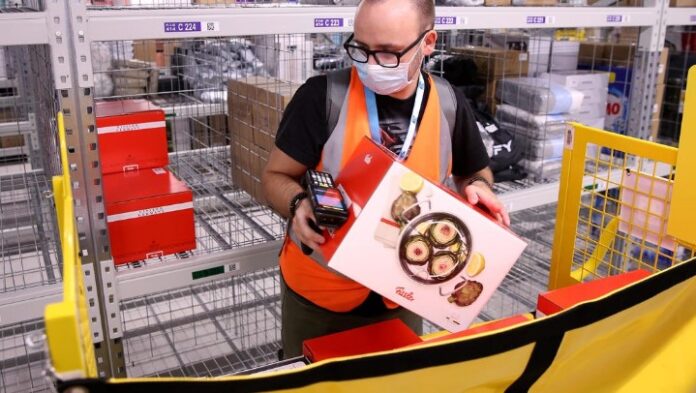Grabbing a big slice of the Indian market is a major priority for Amazon.com, Inc. (NASDAQ:AMZN). It clocked $1 billion in sale faster than in other regions but is confronted with major hurdles and rising competition. Amazon’s rapid growth in India is impressive taking into account the country’s FDI laws that prohibit Amazon from trading directly with customers. In other words, each sale on Amazon.in is that of a third party that has opted to sell goods on the websites.
In India, Amazon cannot just use a postal carrier to deliver goods to houses from its big warehouses as it does in America. This is because of unorganized traffic as well as a poor and incomplete address system. Rather Amazon has to establish a group of spread out micro-warehouses that transport goods to smaller distribution outlets. Here packages are then transported by motorcycle delivery riders.
Amit Agarwal of Amazon India said that the organization had to alter substantially its global expansion tactics. One aspect of that is assembling a group of “cowboys” and “Jeff Bots” who travel very quickly and improvise methods that operate with India’s occasionally haphazard infrastructure.
If an employee approaches Agarwal and communicates that he cannot implement something due to some problem, then he is told to put his cowboy hat on and devise a way to circumvent the problem.
Along with being cowboys, Amazon India’s staff should also assume the role of Jeff bots. They are required to act quickly and with boldness as per the situation.
As per Agarwal, when Jeff Bezos viewed his initial plan to grab market share in India after it entered nation in 2013, the latter opined it to be too methodical as well as precise.
Bezos said that he did not require computer professionals in India what he need was Cowboys. Amazon’s India staff has to be mentally ready to navigate uncharted waters. They’re required to come out with out-of-the-box ideas and be bold enough to implement unproven execution methods.
Agarwal is of the opinion that the cowboy culture lets employees experiment with risks that they would have avoided in a more established business.
Sources: seattletimes, businessinsider









